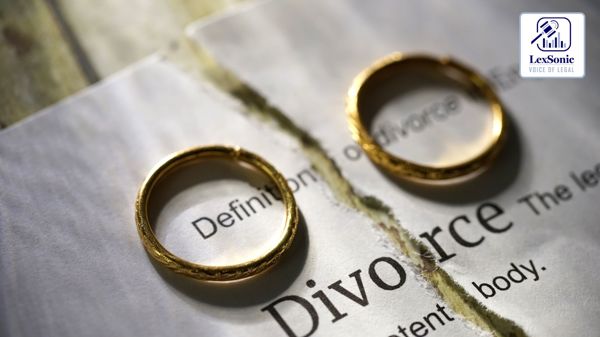Waiver of Cooling-Off Period in Divorce.
19 June 2024
Divorce Law >> Family Law
In a notable ruling in the matter of Pratik Rajendra Kutte and others. V/S State of Maharashtra Through Law and Judiciary Dept, the Family Court's rejection of a couple's request for a waiver of the six-month cooling-off period under Section 13-B(2) of the Hindu Marriage Act, 1955, has been overturned. The High Court's decision reflects a pragmatic approach toward the dissolution of marriages characterized by irreconcilable differences.
Background of the Case:
The petitioners, who were married on July 4, 2022, in Bengaluru, found themselves facing significant compatibility issues soon after their wedding. Following a brief period of cohabitation in Pune, they separated on November 30, 2022, though they continued to live under the same roof due to familial pressure. They later conducted a garland ceremony and reception on July 4, 2023, also influenced by family expectations.

The couple formally applied for divorce by mutual consent on February 1, 2024, and subsequently sought a waiver of the mandated six-month waiting period, arguing that reconciliation was not possible given their ongoing disputes.
The Family Court's Initial Ruling:
The Family Court dismissed the petitioners' waiver application on March 13, 2024, citing a lack of sufficient grounds and labeling the filing as a casual exercise of right. The judge referred to established legal principles, including a precedent set by the Supreme Court in the case of Amardeep Singh vs. Harveen Kaur, suggesting that the couple did not adequately demonstrate their inability to reconcile.
High Court's Intervention:
Upon further examination, the High Court took a different stance. Both petitioners clarified that the ceremony held in July 2023 was conducted purely under family pressure, reaffirming their commitment to separation. In light of their testimony and the evidence presented, the High Court concluded that the couple had made a conscious decision to end their marriage and that the continued pendency of their divorce petition was causing them emotional distress.
Recognizing the couple's well-established professional lives and their mutual agreement on the irreparability of their relationship, the High Court deemed it unnecessary to send the matter back to the Family Court for further proceedings.
The Court's Decision:
The High Court quashed the Family Court's previous order, allowing the waiver of the cooling-off period and granting the petition for divorce. Key points of the ruling included:
- Quashing of the Family Court's Order: The High Court invalidated the earlier rejection, allowing for the waiver of the six-month waiting period.
- Dissolution of Marriage: The marriage between the petitioners, solemnized on July 4, 2022, was officially dissolved.
- Final Decree: The Family Court was instructed to issue a divorce decree based on the High Court's ruling without requiring the petitioners to appear in person.
Conclusion:
This ruling underscores the judiciary's evolving understanding of marriage and divorce, particularly in cases marked by persistent incompatibility and emotional distress. The High Court's decision reflects a commitment to ensuring that individuals can move forward in their lives without unnecessary delays, reinforcing the importance of mental well-being in legal proceedings related to marriage dissolution.
